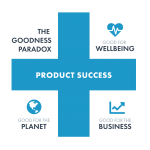The idea behind packaging taxes is to ease the pollution burden on the planet. But are we not missing the point by constantly changing these laws—and failing to make them consistent, both globally and within the EU? It is vital for companies operating internationally to be aware of the laws, to have the data to manage them, and to avoid getting stuck in the goodness paradox.
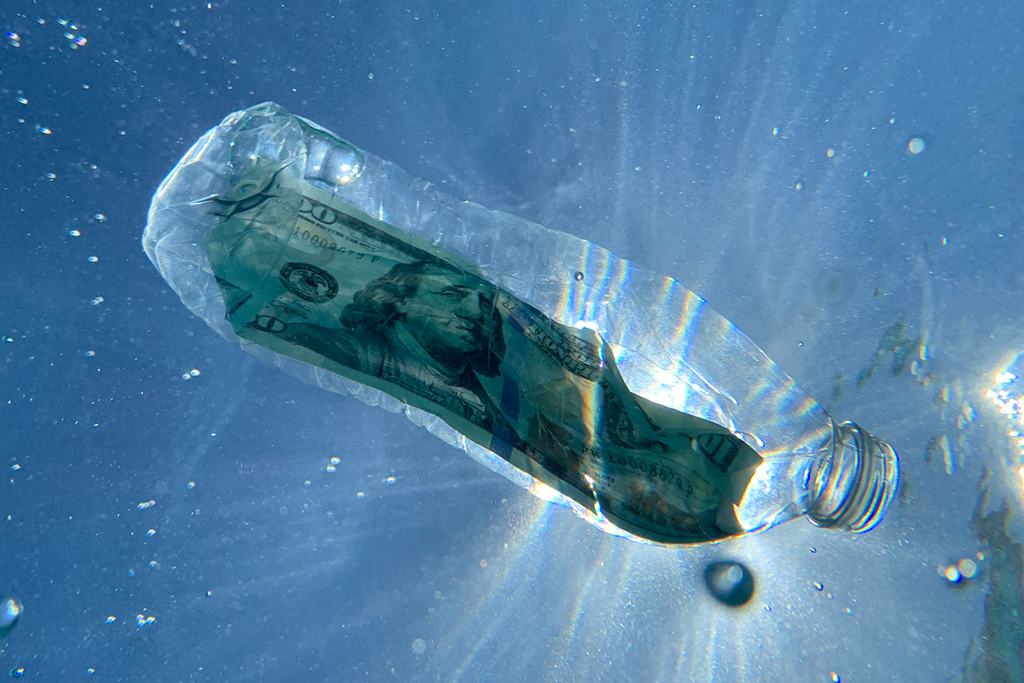
What is the problem that needs to be solved??
The big problem we are all trying to solve is the transition to a circular way of working and living. To do this, industries are working harder than ever to produce and operate as sustainably as possible. The use of virgin materials needs to be reduced to a minimum, and litter that ends up as plastic soup in the environment needs to be avoided as much as possible.
As packaging can be a major threat to our environment, especially if it is not reusable or recyclable, it needs to be focused on. To encourage this, governments across Europe are imposing taxes on packaging. The drivers for these taxes focus on reducing the use of virgin materials or improving recyclability.
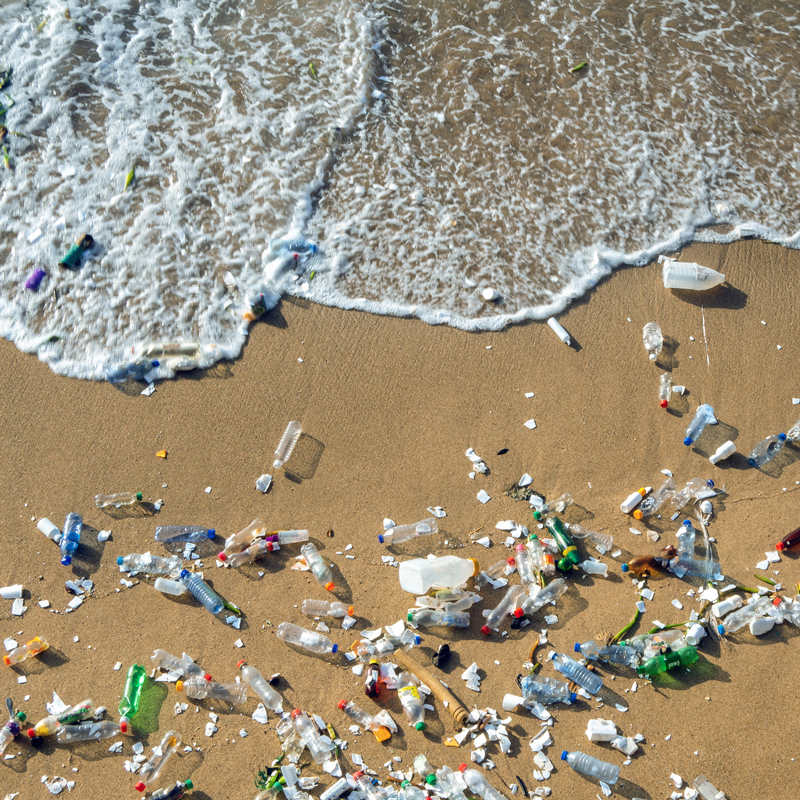
The Complexity of Packaging Taxes
The idea behind moving to a circular economy is great, but there’s one alarming problem that hasn’t been solved but definitely needs to be addressed: an alignment (at least within the EU) of all tax categories.
For example, in the UK, the tax driver is to encourage the use of “recycled content” in plastics (aim: to conserve our natural resources by using less virgin material). So if you use more than 30% recycled content, it is tax-free. On the other hand, the Netherlands and Belgium are focussing the actual recycling. So materials that can be recycled well have a lower rate. In these countries, the tax is used to invest in collection and recycling.
Then there are the non-recyclable single-use plastic (SUP) contributions, which are used to reduce the use of single-use plastics that have a high potential to become litter (such as plastic bags). The consumer then has to pay for the plastic cup or salad container. As with plastic bags, the idea is that this will encourage BYO (Bring Your Own). This encourages customers to bring their own reusable cups to McDonald’s and Starbucks.
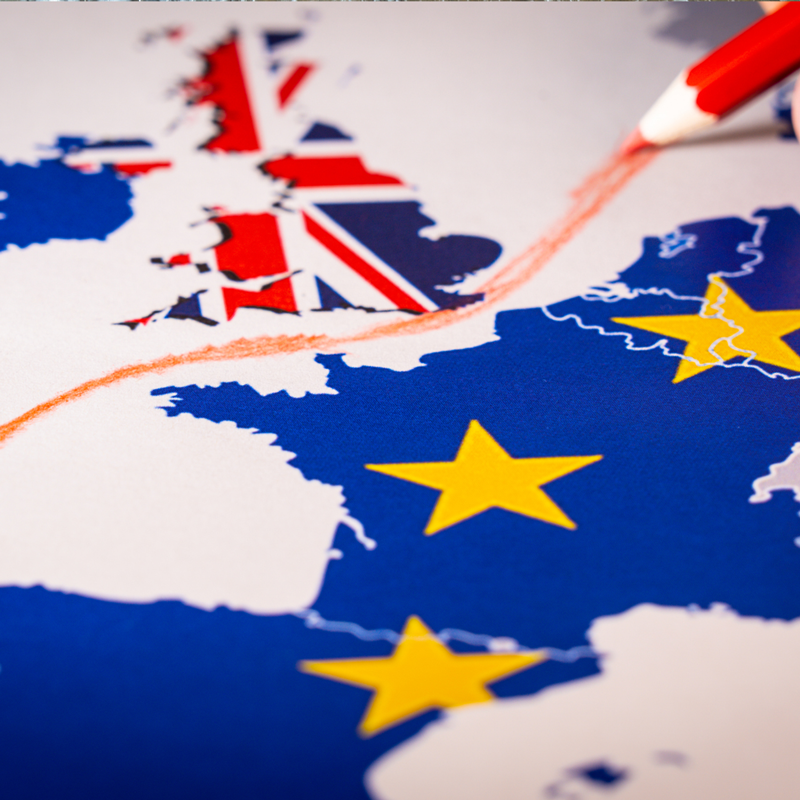
Right now, there are multiple packaging tax-related challenges:
- A country’s tax focuses on material composition: What percentage is recycled or bio-sourced?
Other countries focus on the recyclability of materials and the cost of actual recycling. In some markets, the demand for recycled content is so high that there is a shortage of recycled content as raw material (so, do we need more plastic to recycle?). - The single-use plastic (SUP) Directive adds an additional layer of complexity. This SUP Directive also includes extended producer responsibility from January 5, 2023, to reimburse the costs of cleaning, transporting, and disposing of covered packaging with a plastic component in the waste.
- With so many factors involved in managing sustainability in general and “just” packaging, the burden of data management increases. Not only do EU countries apply different tariffs and categories to the products used. Sustainability by design, i.e., over the entire packaging life cycle, must also be considered.
- The packaging tax classes, definitions, and rates change annually in each country. Leading to a lot of work and often confusion.
- Who has to pay the packaging tax is also changing, e.g. in the Netherlands, for private label products, the responsibility has shifted from the manufacturer to the retailer, resulting in more data to be exchanged between manufacturer and retailer.
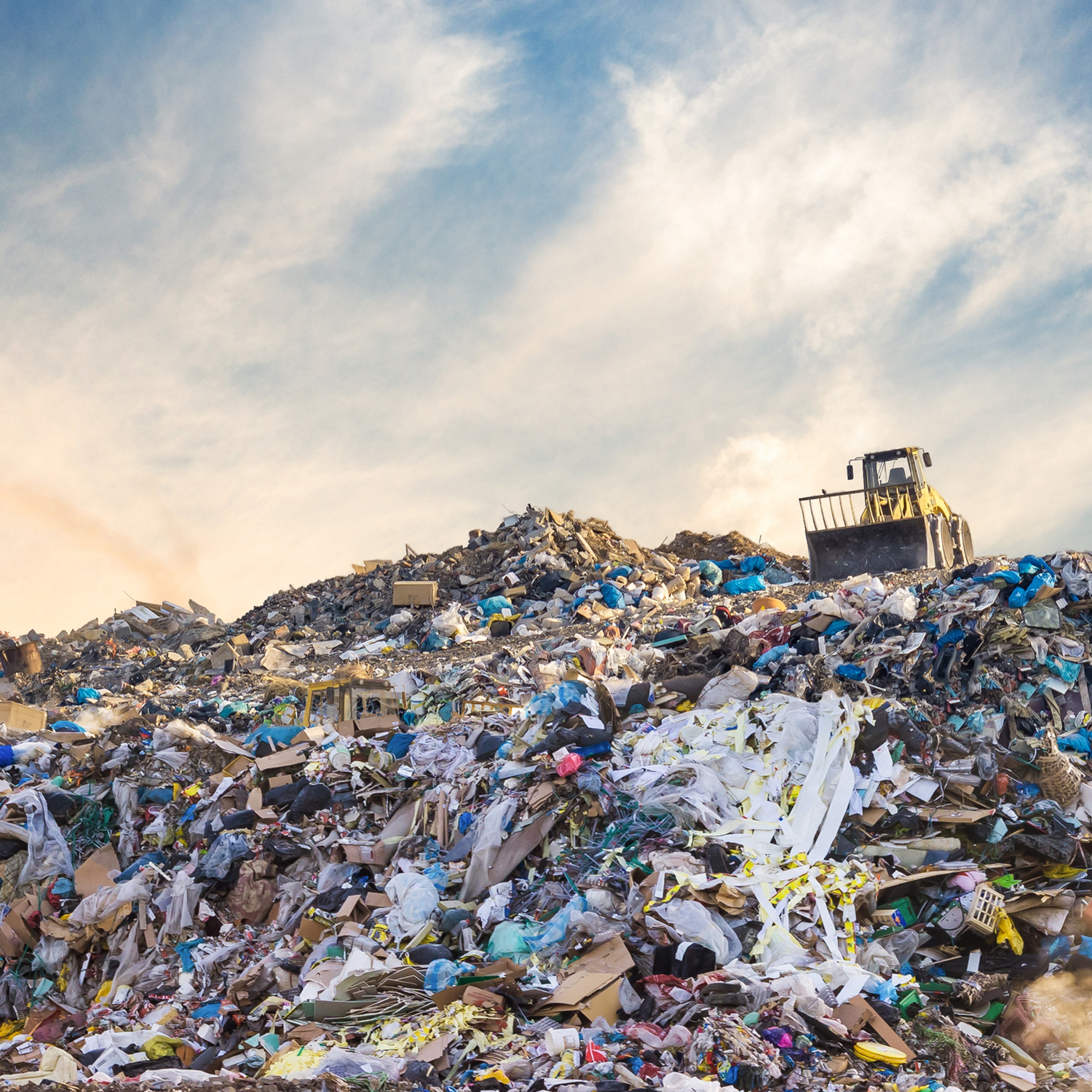

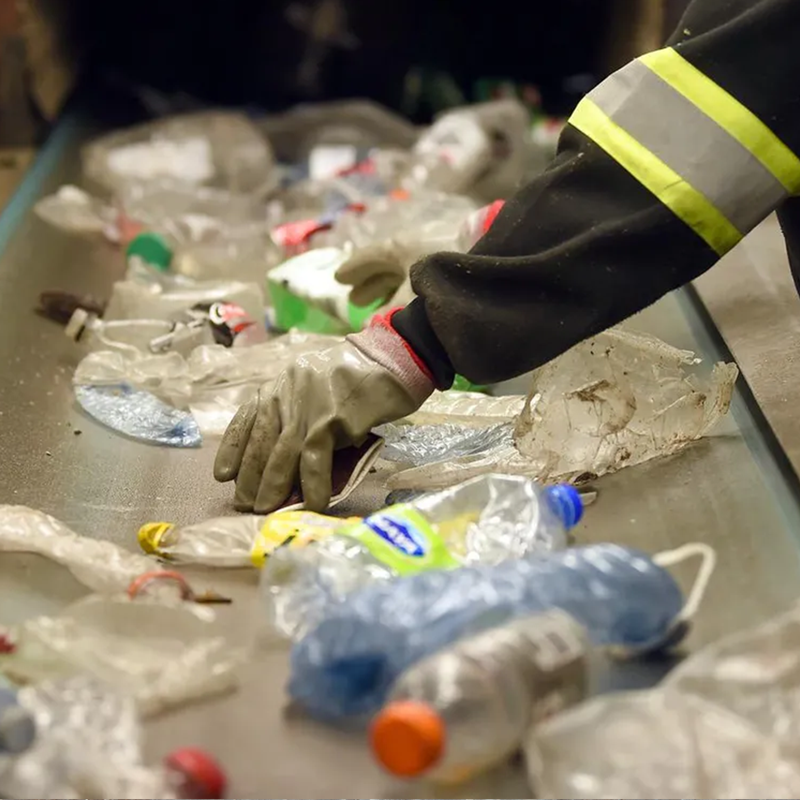
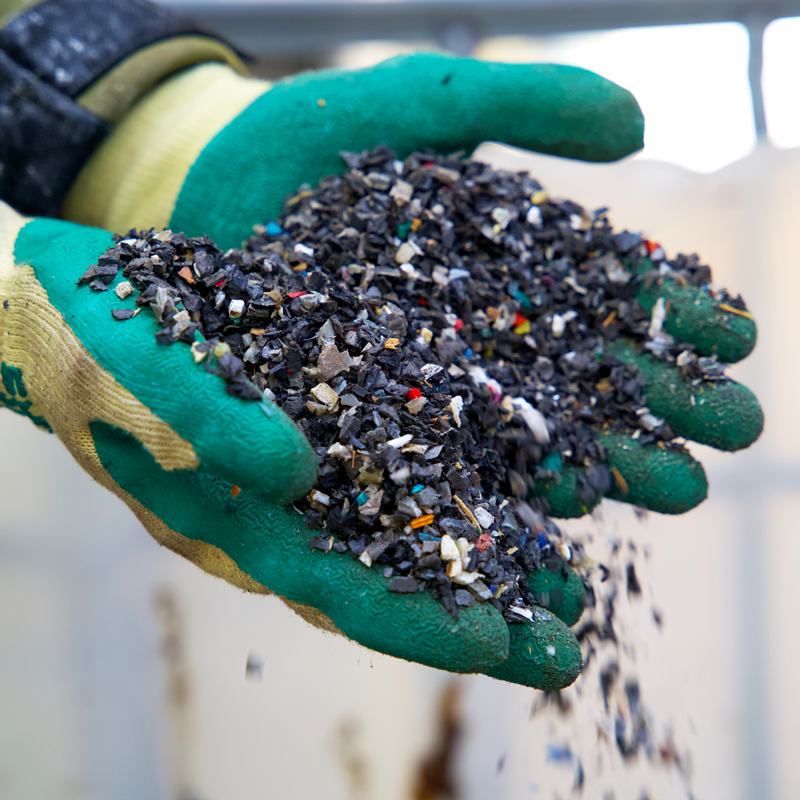
How can SyncForce help you deal with the constant tax changes?
The Packaging Data Manager in SyncForce allows you to manage data related to packaging taxes and SUP surcharges in Europe. Our mission is not only to help you manage it but also to help you distribute packaging-related data to your trading partners. In addition, you can use the insight into your current packaging materials to help with product development to meet your packaging sustainability goals.
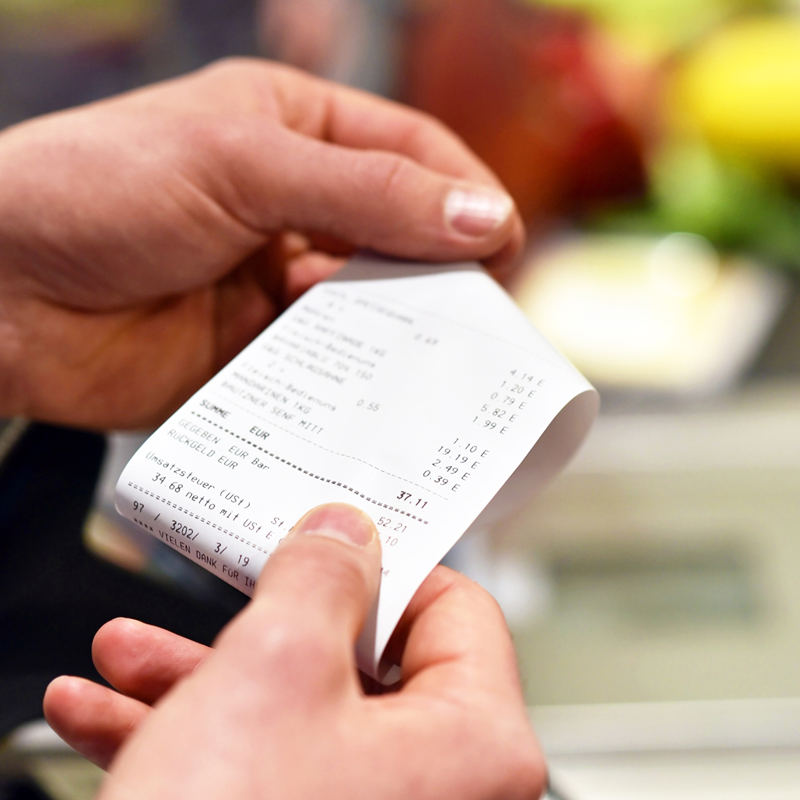
So please contact us if you have any questions and ideas for further development or to find the details that fit your situation.
We will organize one or more sessions on this topic. Please leave your contact details to stay informed:

